In a recent interview with Deutschlandfunk, aired as part of the Computer and Communication segment, Dr. Michael Krisper, Senior Researcher at Pro²Future, discusses the challenges and opportunities of local AI processing on resource-constrained devices.
“Our goal is to make AI functions on small devices more reliable, autonomous, and secure, despite limited resources,” Krisper explains in the interview.
Why local processing Is key
In the interview, Dr. Krisper emphasizes the importance of processing directly on the chip without outsourcing computing power to the cloud. This is especially critical for battery-powered devices and safety-critical systems such as accident detection in vehicles, where milliseconds can make all the difference.
Moreover, local execution ensures that IoT devices remain operational even in the event of network outages or a lack of internet connectivity, a crucial requirement in sensitive infrastructures such as industrial facilities or healthcare systems.
Another benefit is data privacy. Sensitive information – such as data from pacemakers – remains within the device and does not need to be transmitted to external servers.
Methods for AI under extreme conditions
To make AI models run on devices with just a few kilobytes of memory, Pro²Future, in collaboration with TU Graz and the University of St. Gallen, has developed a modular toolbox that includes:
- Pruning & Folding
Reduces model size by removing redundant or less critical neural pathways. - Model Distillation
Trains a compact student model based on a high-precision teacher model – optimized for specific tasks. - Subspace Configurable Networks
A method developed at TU Graz that allows for the exchange of individual model functions without having to reload the entire model.
These techniques make it possible to implement AI applications directly on embedded systems, efficiently, securely and with minimal resource consumption. This is a key enabler for the Internet of Things, industrial systems and the medical technology of the future.
Research that makes an impact
“I’m very pleased to have led this research project at Pro²Future,” says Krisper. “A heartfelt thank you to our partners at TU Graz and the University of St. Gallen (HSG) for the trusted collaboration.”
Listen to the full interview with Dr. Michael Krisper (in German):
https://www.deutschlandfunk.de/mini-ki-auch-iot-geraete-sollen-von-ki-profitieren-interview-michael-krisper-100.html

